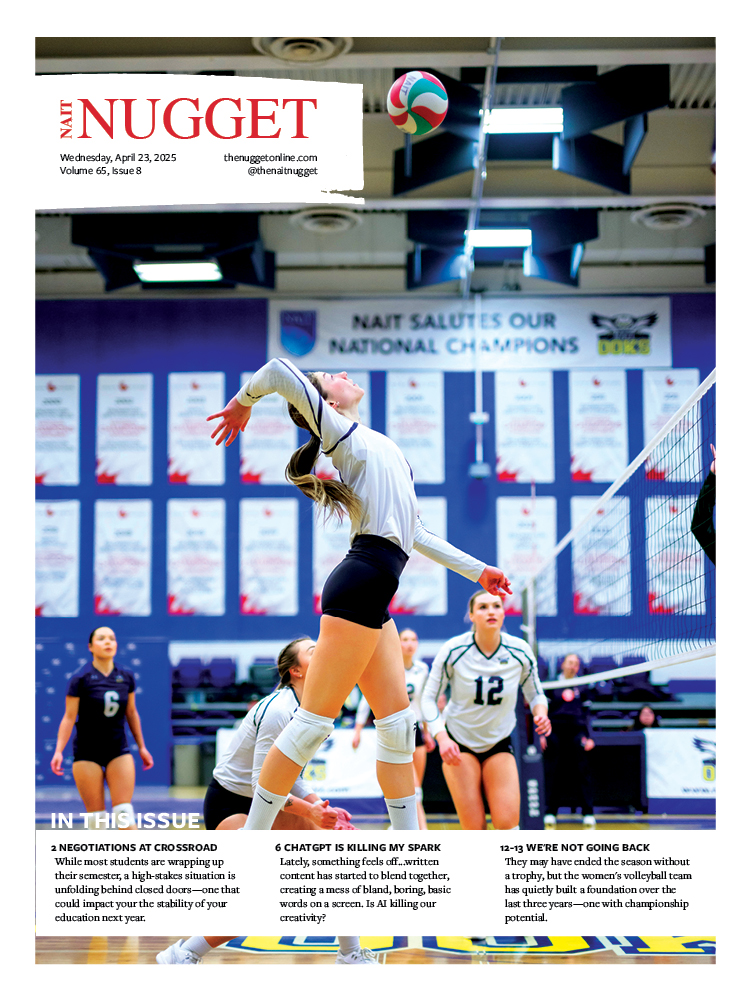I’ll come right out and say it – I have a clutter problem. Most people will understand what I mean when I say clutter problem. A busy life starts accumulating stuff – to-do lists, mail, notes – and the home and/or work area becomes what can be best described as “organized chaos”. We become clutter junkies and, though we aren’t hoarders (not by a long shot!), we are the kind of people that make neat freaks itch all over.
We mean well and insist that we know exactly where everything is. Often the claim is that we thrive off the chaos around us. I have to say though – most of the time, we’re probably actually lying and this acceptance of clutter often does more harm than good.
There are probably many theories surrounding the psychological effect clutter has on individuals. One prominent claim however, is that a cluttered life leads to a cluttered mind. This means trouble focusing, lack of motivation and increased distractions, all impacting the ability to get work done. Clearing away that clutter might help to refresh your mind as you refresh your space and help you refocus on those important tasks.
Clutter also takes away valuable workspace – critical for students trying to complete assignments or research for projects. It’s hard to get work done if you have to shuffle your junk around just to have a place to put your laptop. If you don’t have a clear space, it can be very difficult to actually get work done – you may even get distracted with other tasks. Similar to having a dedicated study space (highly recommended!), making sure your workspace stays at least relatively clear of detritus can mean more mental focus and, consequently, more productivity.
Last but certainly not least is the clutter junkies’ everlasting nightmare – losing everything. The grocery list, keys, that note with the extra homework question – they all disappear into the abyss of the so-called organized chaos. There’s nothing worse than needing that one thing, and not being able to find it in what I call “the pile”. Not only can this be a source of frustration and stress for the clutter-inclined, it also means work can be missed or delayed. It’s difficult to pay a bill if you can’t find the actual bill and to-do lists can become a revolving door of tasks that never get done.
I don’t think anyone means for clutter to become this much of a problem. Some degree of disorganization is expected, even normal. We put things off to the weekend, have a “project pile” for rainy days. But it can easily spiral out of control and become much, much worse. I can attest to that. I have four years (and two moves) worth of clutter accumulated in my life. The weight of these unfinished tasks can be unbearable, and significantly impact our ability to focus on current tasks.
This weekend, I finally cleared some of that debris away. It may sound cheesy but all those self-help articles about having clear work spaces or the environment you surround yourself with impacting your frame of mind do actually have some merit. My primary living space is clutter-free, and all weekend I’ve been able to relax and focus on individual tasks better.
I live the life of a clutter junkie – I can admit to that. But I can proudly say that after this weekend, I am a recovering clutter junkie! At least until I start procrastinating again.
– Nicolas Brown, Issues Editor






